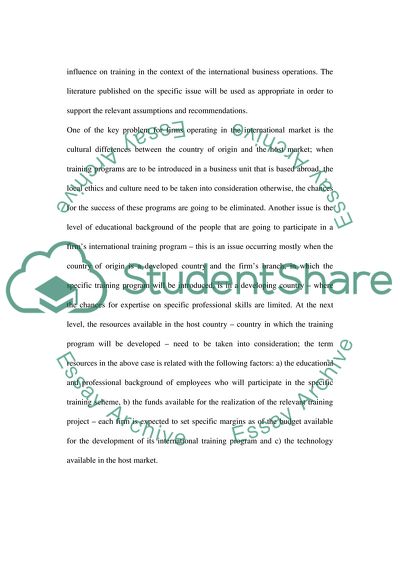Cite this document
(International personnel and development Coursework, n.d.)
International personnel and development Coursework. https://studentshare.org/human-resources/1737223-international-personnel-and-development
International personnel and development Coursework. https://studentshare.org/human-resources/1737223-international-personnel-and-development
(International Personnel and Development Coursework)
International Personnel and Development Coursework. https://studentshare.org/human-resources/1737223-international-personnel-and-development.
International Personnel and Development Coursework. https://studentshare.org/human-resources/1737223-international-personnel-and-development.
“International Personnel and Development Coursework”. https://studentshare.org/human-resources/1737223-international-personnel-and-development.


